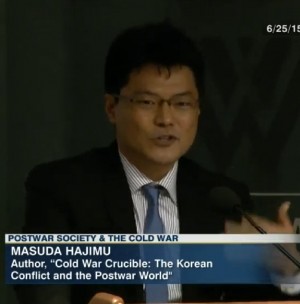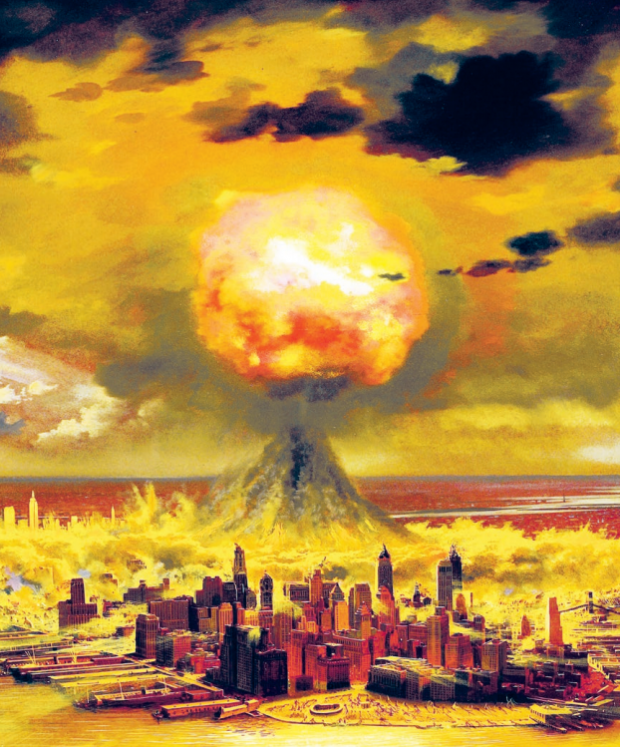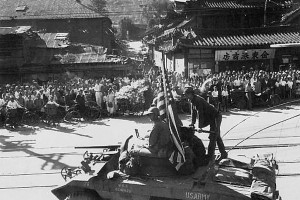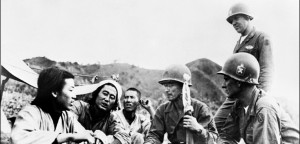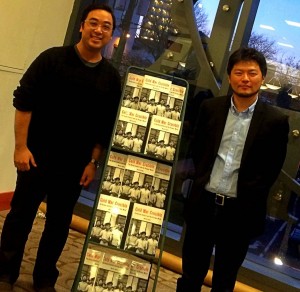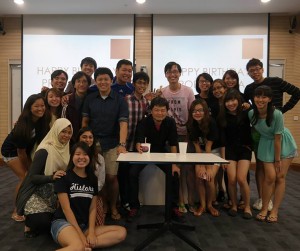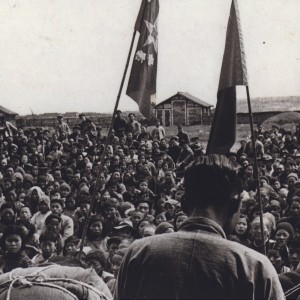Masuda Hajimu talked about the political climate surrounding the Cold War […], and argued that the Cold War transformed from an emergent global war to social warfare and ultimately a citizens’ war.
In Cold War Crucible: The Korean Conflict and the Postwar World, new this month, Masuda Hajimu reveals social and political forces normally seen as products of the Cold War actually to have been instrumental in fostering the conditions from which the conflict sprung. Below, he examines how the dynamics he identifies as having contributed to the pervasive global logic of the Cold War can be seen anew in our own time, when the “War on Terror” becomes ever more entrenched as the rubric with which we explain the world.
It is time to change our ways of thinking about the Cold War.
What I question in my recent book is actually an assumption that these two seemingly opposing opinions share and that goes unquestioned by them: that is, that the essence of the Cold War was the US-USSR confrontation.
Beijing’s support for Pyongyang during the Korean War tells us why it still backs Kim today.
Book Talks in 2015
- Book Launch at Woodrow Wilson Center: Thursday, June 25, 9:00 AM-10:30AM
- Lecture at Washington University in St. Louis: Thursday, October 15, 4:00 PM-5:30 PM
And more
2012-2015
- “DECOLONIZATION”
- “RECONSIDERING THE COLD WAR”
- “STUDENT MOVEMENTS IN ASIA SINCE 1950”
- “MODERN JAPAN: CONFLICT IN HISTORY”
The deadline for submission of manuscripts is 1 August 2016. All submissions, as well as previous expressions of interest, should be sent to: manycoldwars@gmail.com
- Abstracts for individual papers (300-500 words): 1 December 2015
- Notification of acceptance: 15 December 2015
- Workshop: 27-28 May 2016
冷戦が終結したとされてからすでに四半世紀が経つ。冷戦政治をめぐるかつてのイデオロギー的で異常なまでの興奮はもはや過去のものとなった。いまこそ冷戦というレンズを外して、その冷戦と呼ばれる現象が何だったのか、またその今日的意義は何なのか考え直す時期にきている。

